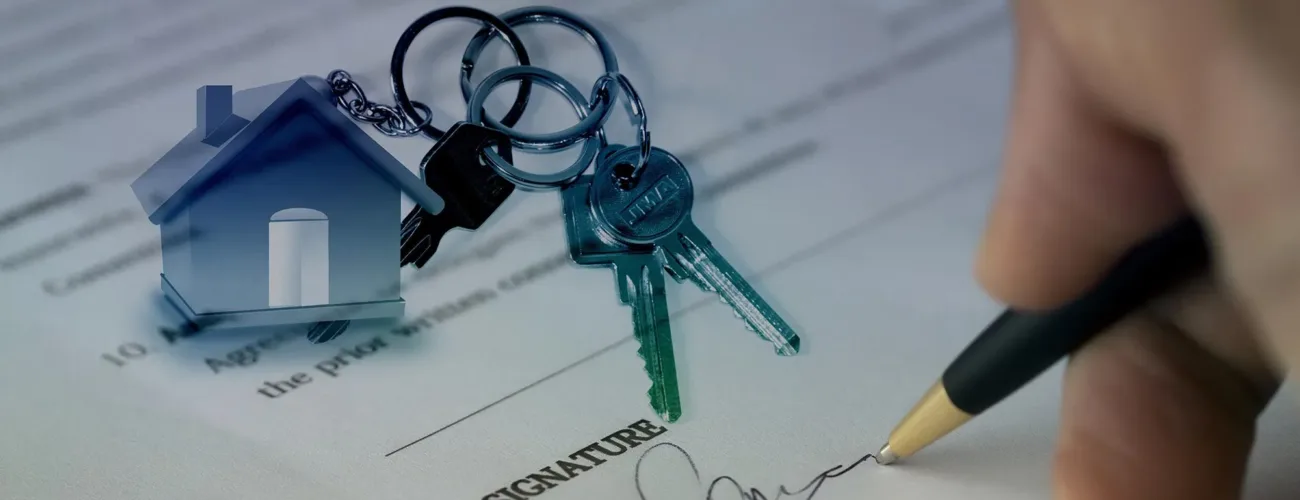Wondering how to protect your assets from divorce in Australia? Here are our top tips.
There are a lot of things to consider when you’re thinking about a divorce. But one of the most important is how to protect your assets. The more proactive you are in this process, the more confidence you’ll have throughout the divorce and separation. And the more prepared you’ll be financially when you start your new life.
From considering a prenuptial agreement to keeping clear financial records to seeking professional legal advice, we’ve pulled together our top tips to help you protect your assets from divorce and take control of your financial wellbeing.
1. Consider a prenuptial agreement
Prenuptial agreements (also known as a ‘prenup or, more officially, as a binding financial agreement), can sometimes have a bit of a bad reputation as being unromantic. But there’s really nothing better for protecting your assets.
This is particularly true today as people are getting married later in life and bringing more individual assets into their relationships. A prenuptial agreement can help clarify what belongs to whom should the marriage end.
2. Keep accurate financial records
Far too often we have divorcing couples who don’t know what assets they have and where they are. And this can cause confusion and complexity during a separation. To avoid that, it’s a great idea to keep accurate financial records throughout the entirety of your marriage.
Your records should track your money, any property you own, cars or boats, any gifts given (particularly financial gifts from family) or inheritances received.
When you have accurate financial records, you’ll be in a stronger position to protect your assets in divorce.
3. Document all gifts and inheritances
As part of keeping clear financial records, it’s also important that you document all gifts and inheritances you receive. Sometimes these can be quite substantial. And often the giver intends for them to stay with the person to whom they originally gave the gift. But the risk is that if they aren’t accurately documented, some of the gift could go to your ex’s side of the family.
The general rule is that gifts and inheritances will form part of the marital property pool. So, when the property is divided, the gifts could be as well. Clear financial records might help you to better demonstrate that these gifts were meant for you (and you alone) and can be a good form of asset protection from divorce.
4. Use separate bank accounts
Many couples share bank accounts. But maintaining separate bank accounts does make asset protection in divorce easier because it helps you to have good visibility on your finances.
If you’ve had shared accounts throughout the relationship, that’s OK. But it’s a good idea to open separate accounts in your name only once you do decide to separate. This will make it easier to keep track of the money you’ve earned post-separation.
5. Change your will
It’s good practice to update your will every three to five years and certainly after any major life event. And divorce is certainly a major life event.
So, once you decide to separate, take it as a chance to review your will and make any necessary changes. This will certainly include the distribution of your assets but may also include who can make decisions on your behalf or arrangements for children. Without these updates, it will make it more challenging to have clear asset protection from a spouse.
6. Change your beneficiary nominations
If you’re married, it’s likely that you’ve designated your spouse as your beneficiary on your accounts and insurances. When you separate, it’s time to take a look at those accounts and make any changes you need – including changing the beneficiary designation. This might be insurance policies, superannuation, bank accounts, and brokerage accounts, for example.
Changing beneficiary nominations is fiddly but certainly worth it if you want to protect your assets in divorce.
7. Close joint credit cards and accounts
It’s also important to close any joint credit accounts – this includes credit cards, overdraft accounts, or any other credit accounts. You want to ensure that your ex-partner isn’t able to accrue any additional debt in your name (or joint names!) once you decide to separate.
8. Identify all your assets and debts
Once you do decide to separate or divorce, it’s important to catalogue all your assets and debts. This is essentially what you and your partner own and owe, both individually and as a couple.
If you’ve kept clear financial records from the beginning, then this step might be very easy. If not, it’s a good idea to get started as soon as possible since then you’ll be in a better position to protect those assets that you’ve identified. A family lawyer will be very helpful in this process.
9. Be upfront about ALL your assets
It’s not unusual for divorcing people to consider hiding assets from an ex, particularly if there’s been a loss of trust or if they’re worried that an ex might waste money or hide it themselves.
While it’s human nature to want to protect what’s yours, it’s illegal to hide your assets during a divorce or separation. The Family Law Act 1975 requires that you and your ex provide a full and frank disclosure of all your assets, including those that you believe should belong to you alone. If you were found to be hiding assets, it could lead to serious consequences, including imprisonment.
If you do suspect that your ex is hiding assets, get in touch with our team right away. We can help you take steps to uncover these assets and ensure they become part of the marital property pool.
10. Avoid paying your ex’s debts
If your ex-partner has debts solely in their name, don’t make payments on their behalf. This could be a personal loan or a credit card, for example. It can already be challenging to prove that debts accumulated during the relationship should be the sole responsibility of just one party. And making payments on your ex’s behalf could complicate the situation.
However, if you have joint debts – for example, the mortgage on the family home – it’s very important that you keep up the payments, as you’re legally obligated to do so. If possible, consider refinancing or transferring any joint debts you might have into just one person’s name if possible. This makes for a cleaner separation and gives clarity on whose responsibility it is to make ongoing debt payments.
11. Get professional legal advice
If you’re in the process of separating or divorcing and have any questions about how to protect your assets from divorce in Australia, get in touch with our expert team. The process can be complicated. But with professional legal advice, you can be confident that you’ll end up in the best financial position possible for your circumstances.




